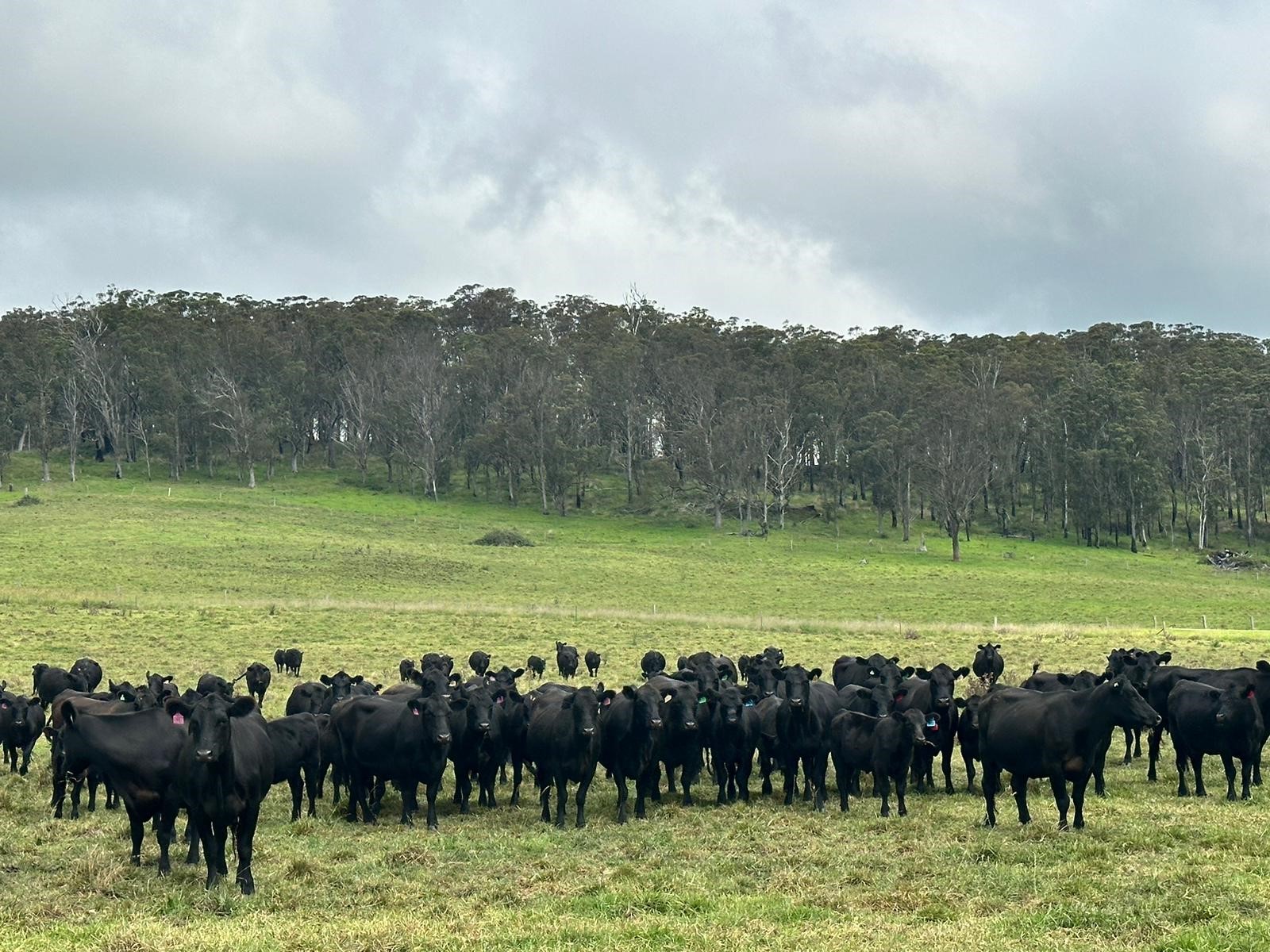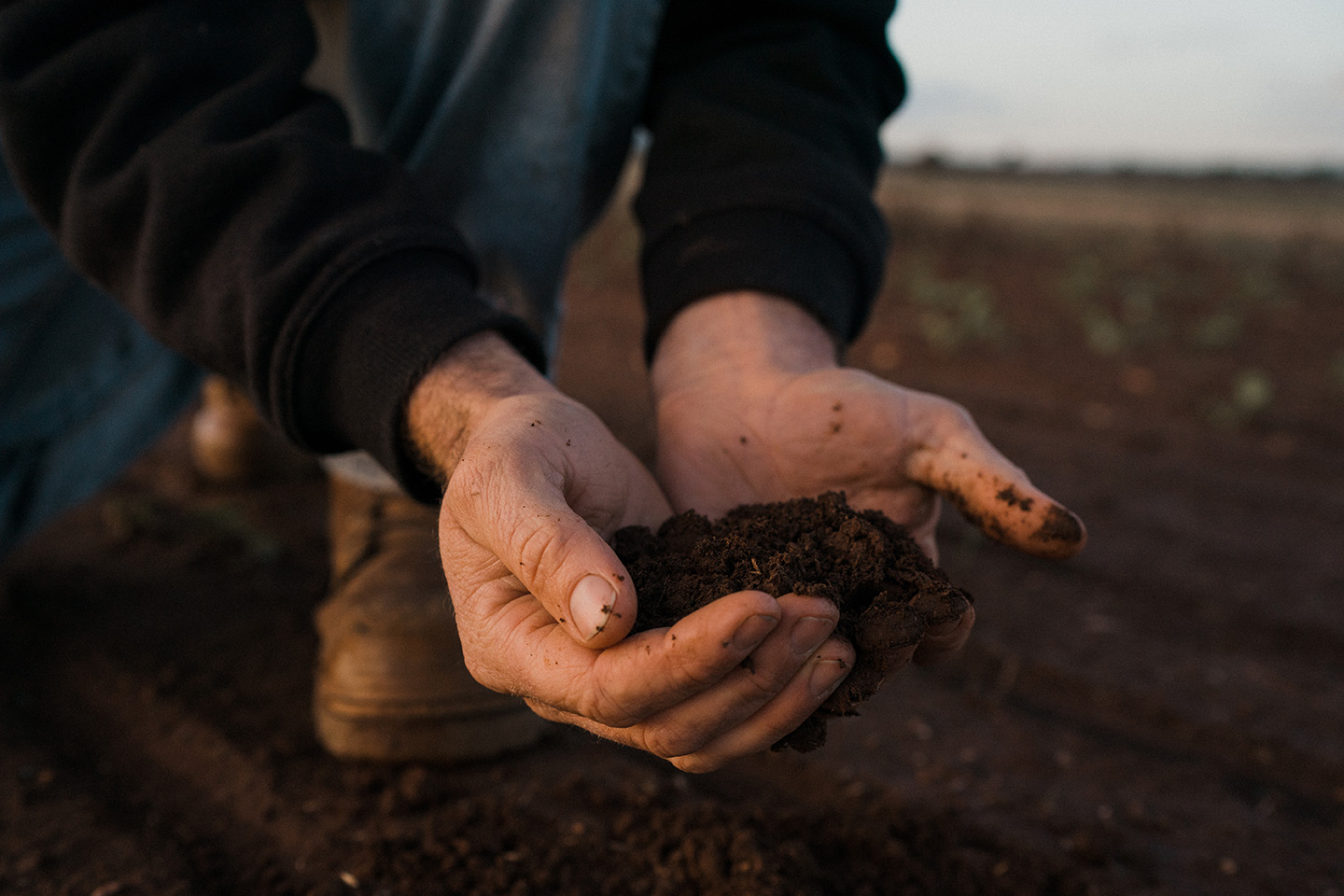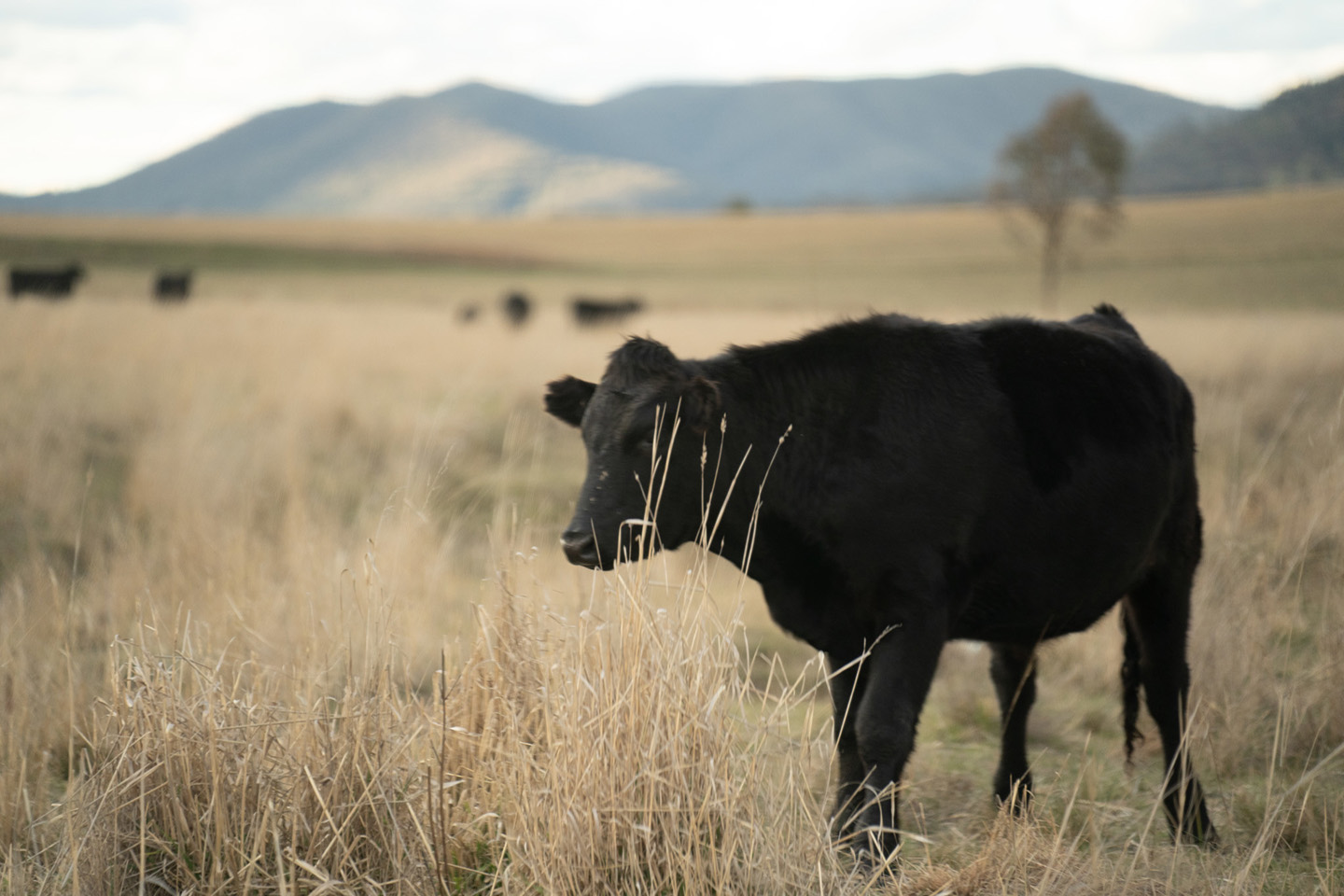Wilmot Cattle Company, in the NSW Northern Tablelands, is transforming agriculture with funding and support from a high impact partnership grant from the NSW Government.
The grant enables Wilmot to support soil carbon sequestration practices across 12 farms, covering 20,700 hectares and aiming to sequester over 750,000 tonnes of CO2 over the 25-year period of the project.
This is the same amount of carbon emitted from producing over 60 million kilograms of beef before processing. The project highlights how collaborative grazing management can improve environmental sustainability and farm profitability.

Increasing climate resilience
Carbon sequestration involves capturing and storing CO2 from the atmosphere, which Wilmot achieves through enhanced pasture, grazing and soil management.
By diversifying pasture species and managing grazing, Wilmot has significantly boosted its soil carbon levels resulting in healthier soils and more resilient pastures.
During the 2019–20 bushfire season, the farm’s high soil carbon content enabled swift recovery, producing 6 months of feed from just 6 weeks of rain, showcasing enhanced resilience and financial benefits.
Improving sustainability and profitability
When Alasdair MacLeod took over Wilmot in 2008, he introduced grazing management technology. Partnering with Atlas Carbon, they introduced the Maia Grazing Tool that tracks livestock, grazing locations and rainfall in real time. This technology has allowed Wilmot to enhance grazing strategies, raising soil carbon levels from 2.3% in 2011 to 5.2% in 2021.
Raising soil carbon levels not only reduces the concentration of CO2 in the atmosphere, it helps soil retain water and improves its structure, fertility and productivity. This results in healthier, more abundant pasture at a lower cost due to reduced soil inputs and pasture improvement.

Industry leadership
Wilmot’s team are not only leading by example but setting the stage for broader agricultural innovation.
They’ll mentor the 11 other landowners, fostering collaboration and knowledge sharing to boost productivity and profitability.
Increasing pasture diversity and maintaining ground cover, through grazing management, helps enhance soil biological activity, soil health and carbon retention. This will help farmers throughout NSW diversify their income and increase profitability.
NSW Government grant
The high impact partnership grant is central to expanding these practices. The grant will be used to engage Atlas Carbon to guide farmers in using the Maia Grazing Tool.
This will help optimise grazing density and duration to maximise pasture utilisation and soil carbon storage.
According to Atlas Carbon’s Carbon Services Director, Sean Hoobin:
“We focus on implementing grazing practices to improve pasture growth and store more carbon in the soil. Farmers can then sell carbon credits generated or count them against emissions produced.”
This partnership demonstrates how improving grazing practices can drive both environmental and economic progress and pave the way for a more sustainable and profitable agricultural future.
